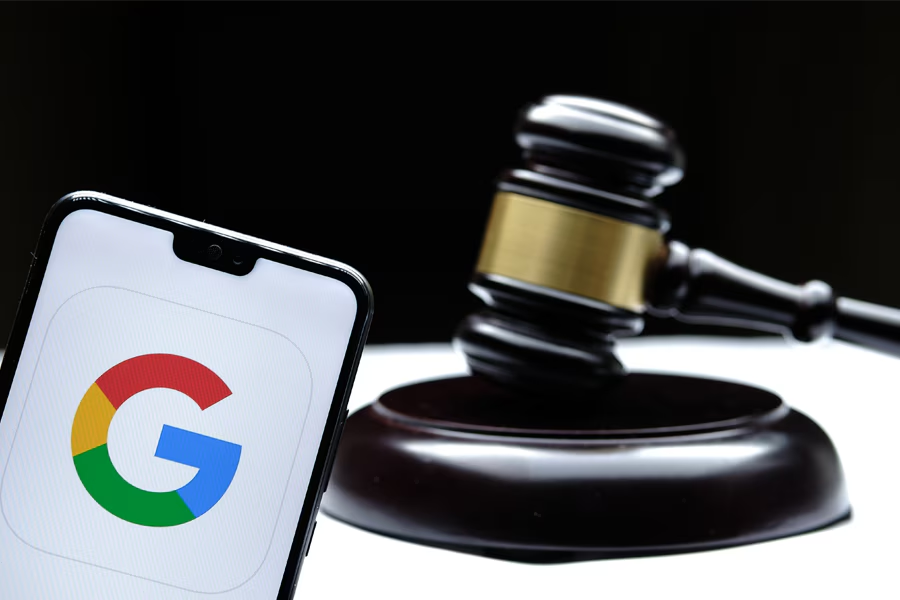Google Ordered to Pay $425M in Privacy Lawsuit Over Data Tracking
- Flexi Group
- Sep 4, 2025
- 2 min read
A U.S. federal court has ordered Google to pay $425 million (£316.3 million) after finding the tech company guilty of violating user privacy by collecting information from millions of individuals even after they had switched off a tracking option within their Google accounts.

The case was brought forward by a group of users who claimed Google was accessing their mobile devices to gather, store, and utilize their personal data despite assurances tied to the platform’s Web & App Activity setting. While the plaintiffs sought damages exceeding $31 billion, the jury ultimately awarded a fraction of that amount.
Google strongly pushed back against the ruling. “This decision misunderstands how our products work, and we will appeal it. Our privacy tools give people control over their data, and when they turn off personalisation, we honour that choice”
The jury determined that the search engine giant was liable for two out of three alleged privacy breaches but concluded that the company had not acted with malicious intent.
This class action, originally filed in July 2020, encompassed nearly 98 million Google account holders and approximately 174 million devices. The plaintiffs alleged that Google’s data-collection practices extended across hundreds of thousands of mobile applications, including services operated by Uber and Lyft, e-commerce platforms such as Amazon and Alibaba, as well as Meta-owned social media apps like Instagram and Facebook.
Google countered by noting that when a user turns off the Web & App Activity setting, companies that rely on Google Analytics may still gather information about app or site usage. However, the company argued that such data does not reveal individual identities and still “respects their privacy choices.”
The ruling comes in the same week that Google’s parent firm, Alphabet, saw its shares surge more than 9% following a separate legal outcome. On Wednesday, a U.S. federal judge decided the company would not be required to divest its Chrome browser, though it must make concessions to competitors.
The remedies, handed down by District Judge Amit Mehta, marked the conclusion of a protracted legal battle centered on Google’s dominant role in online search. The U.S. Department of Justice (DOJ) had argued for the forced sale of Chrome, but Mehta’s decision allows Google to retain the browser while prohibiting exclusive agreements and obliging the company to share search data with rivals.
Meanwhile, Google is also facing an ongoing competition lawsuit overseen by District Judge Leonie Brinkema. In April, she ruled that the company maintains a monopoly in digital advertising technology. A separate trial, aimed at determining appropriate remedies, is set to begin later this month.
By fLEXI tEAM





Comments